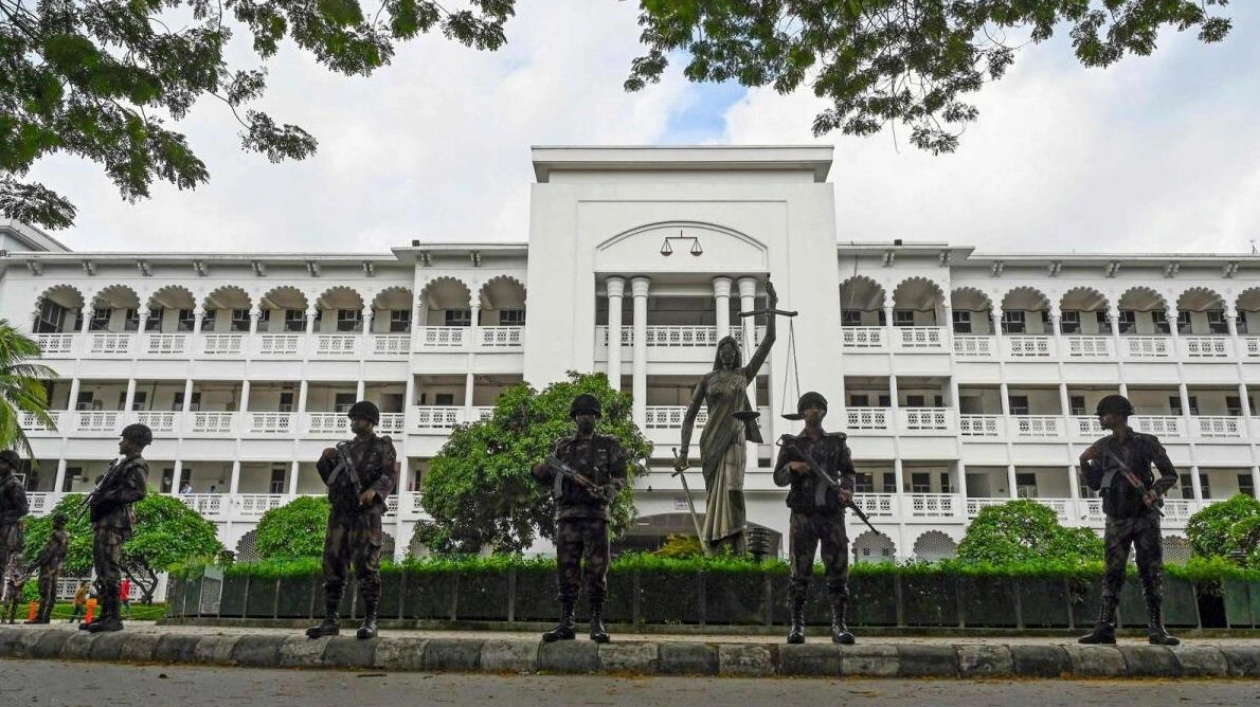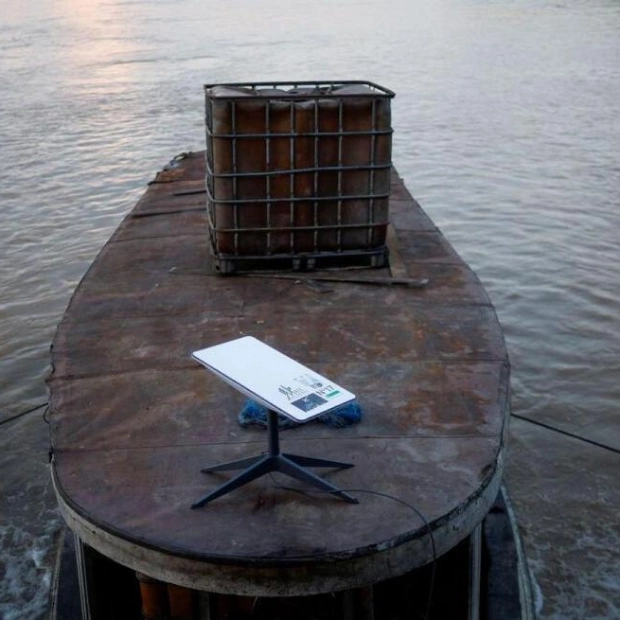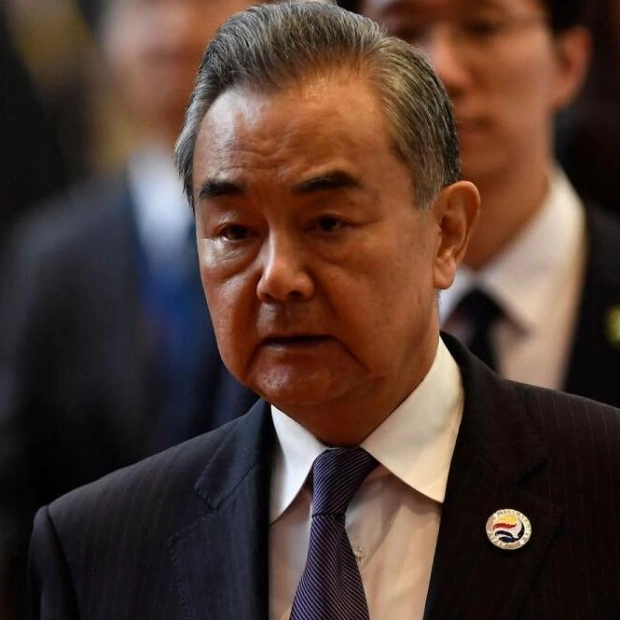Bangladesh maintained a semblance of tranquility on Monday under the imposition of a curfew, though the nation continued to experience significant telecommunications disruptions. This followed the Supreme Court's recent decision to abolish certain government job quotas, which ignited protests this month resulting in numerous fatalities.
Violent confrontations between demonstrators and security personnel claimed at least 139 lives throughout the country, subsequent to the high court's restoration of job reservations that the Prime Minister Sheikh Hasina's administration had eliminated in 2018. On Sunday, the Supreme Court mandated that 93% of government positions should be merit-based, a shift from the previous 56% quota allocated to groups including families of freedom fighters, women, and individuals from less developed regions.
There were no incidents of violence or protest reported on Monday morning, and media outlets indicated that the curfew would be eased for three hours in the afternoon, an extension from the previous two hours, allowing citizens to purchase necessities. Student protesters, however, have vowed to persist with their demonstrations until the detained protest leaders are released and the government lifts the curfew and reopens universities, which have been closed since Wednesday. They have imposed a 48-hour ultimatum on the government to meet these demands.
Last week's demonstrations led to thousands being injured as security forces utilized tear gas, rubber bullets, and sound grenades to disperse the protesters. Experts attribute the unrest to the stagnant growth in private sector jobs and high levels of youth unemployment, which have made government jobs, with their regular wage increases and other benefits, increasingly appealing. Hasina, who began her fourth consecutive term this year, has faced accusations of authoritarianism, human rights abuses, and suppression of free speech and dissent—allegations that her government refutes.






